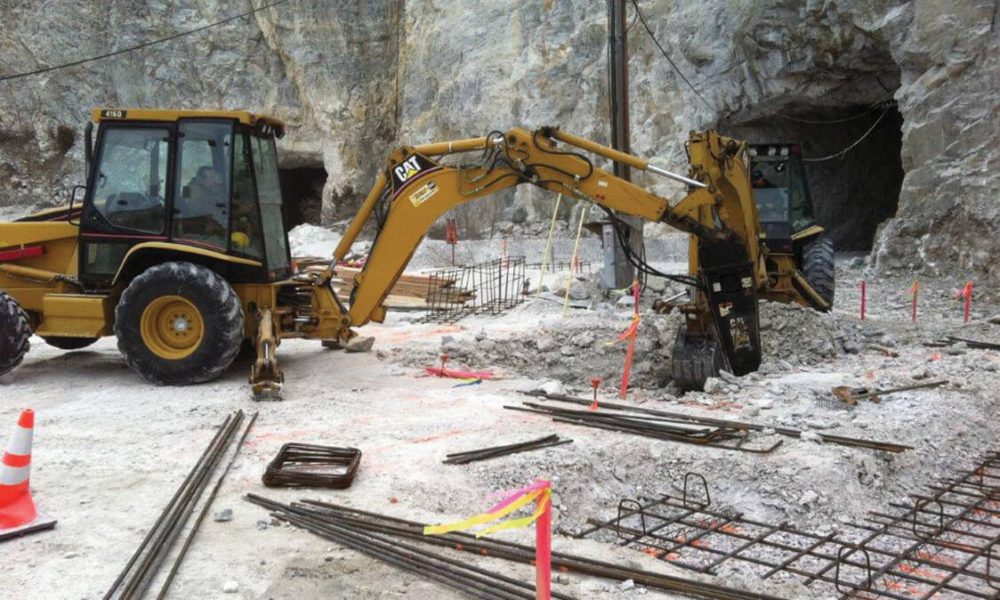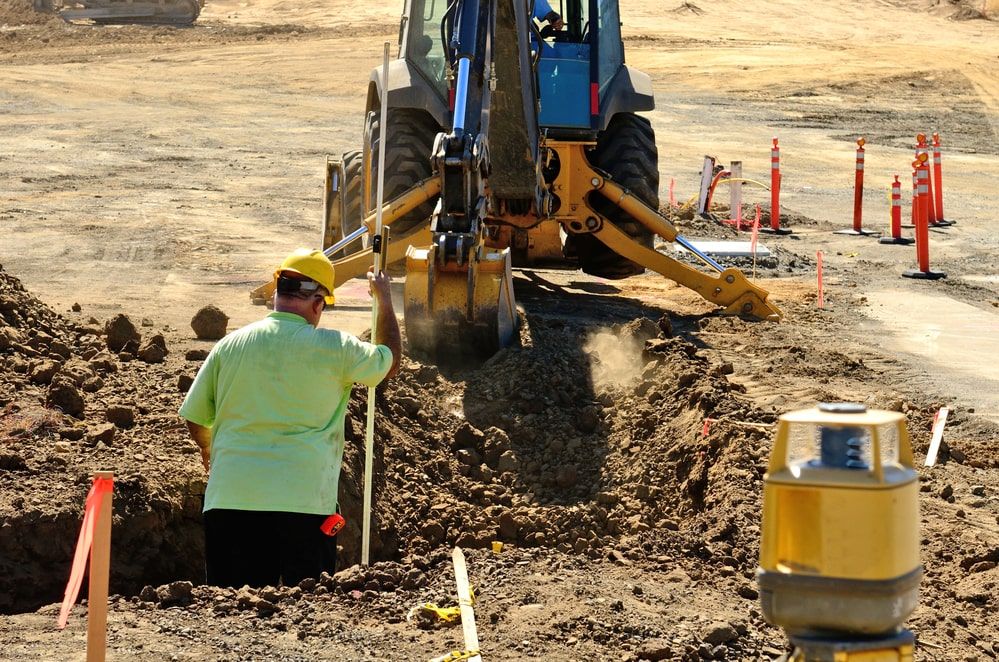Dump Truck Companies in Ohio - Reliable Dump Truck Solutions Across Ohio
Dump Truck Companies in Ohio - Reliable Dump Truck Solutions Across Ohio
Blog Article
Comprehensive Excavation Methods: Understanding the Fundamentals for Success
The mindful preparation, accurate implementation, and meticulous interest to detail needed in excavation tasks require a detailed technique that includes different fundamental elements. The true mastery lies not simply in recognizing these fundamentals yet in perfectly incorporating them to navigate the intricacies of excavation jobs with skill.
Comprehending Excavation Task Preparation

Successful excavation jobs are built on the foundation of thorough and thorough planning. The initial stage of any excavation project is the drawing board, where important decisions are made that can substantially impact the outcome of the job. Throughout this stage, it is important to collect all relevant information regarding the website, consisting of topographical studies, dirt structure, and any kind of prospective hazards that might exist. Comprehending the project scope, timeline, and budget plan restrictions is essential for developing a detailed excavation strategy that guarantees the project's success.
One key facet of excavation project preparation is the development of a detailed timeline that details the sequence of activities, landmarks, and deadlines. By meticulously considering all these variables throughout the preparation phase, excavation jobs can be implemented successfully and efficiently, leading to effective results - septic ohio.
Soil Evaluation and Site Assessment
Performing complete dirt analysis and website examination is an essential action in the preparation stage of any excavation job. Dirt analysis entails identifying the structure, framework, and residential or commercial properties of the soil at the excavation site. This details is critical for comprehending the soil's bearing ability, wetness content, and potential for erosion, which are key consider establishing the excavation approaches and equipment needed for the job.
Site assessment exceeds soil evaluation and includes a broader evaluation of the total website problems. This analysis consists of determining any type of possible threats, such as underground utilities, ecological worries, or unsteady surface, that could influence the excavation process. By thoroughly reviewing the website, project supervisors can create efficient excavation strategies that prioritize safety, efficiency, and ecological defense.
Using sophisticated technologies like ground-penetrating radar, soil sampling, and drone studies can improve the precision and efficiency of dirt evaluation and website assessment. Investing time and resources in these preliminary actions can eventually save time and protect against expensive delays or complications during the excavation process.
Tools Choice and Application
Efficient excavation tasks count greatly on calculated equipment choice and utilization to make certain ideal performance and efficiency. Picking the appropriate equipment for the job is critical in making best use of performance and minimizing downtime. Factors such as the sort of soil, deepness of excavation, and project extent play a significant duty in identifying one of the most suitable tools for the task handy.

Along with picking the appropriate devices, correct usage is crucial to project success. Operators Recommended Reading needs to be trained to take care of the tools securely and successfully - dump truck companies in ohio. Routine maintenance checks and timely repair services aid stop failures and make certain consistent efficiency throughout the project
Precaution and Laws Compliance
In the realm of excavation projects, prioritizing safety measures and conformity with guidelines is extremely important to guaranteeing a lawfully audio and safe and secure operational setting. Security steps include a variety of techniques, including carrying out complete site assessments, carrying out appropriate signs and obstacles, and supplying ample safety training for all workers associated with the excavation process. Adherence to laws, such as OSHA demands in the United States, guarantees that the excavation job satisfies the needed standards to safeguard employees, spectators, and the surrounding environment.

Surveillance Progress and Adjusting Strategies
How can predict managers successfully track the advancement of excavation projects and adjust their techniques as necessary to maximize outcomes? Surveillance progression is important for making certain that excavation projects remain on track and fulfill due dates.

Verdict
In final thought, grasping the principles of detailed excavation techniques is vital for the success of any job. By comprehending task planning, examining dirt and site problems, choosing appropriate equipment, adhering to safety find and security laws, and monitoring development, project supervisors can ensure a efficient and smooth excavation process. Carrying out these techniques will lead to effective end results and reduce prospective threats or problems throughout the excavation project.
The initial phase of any excavation project is the planning phase, where critical decisions are made that can substantially affect the result of the project. Recognizing the project timeline, spending plan, and scope restraints is essential for developing a thorough excavation plan that ensures the task's success.
Just how can forecast supervisors successfully track the development of excavation jobs and adjust their techniques appropriately to optimize end results? By very closely keeping track of development and being willing to adapt methods, job managers can boost the total success of excavation projects.
By understanding project planning, examining dirt and site problems, selecting suitable devices, complying with safety policies, and keeping an eye on progression, project managers can make sure a smooth and reliable excavation process.
Report this page